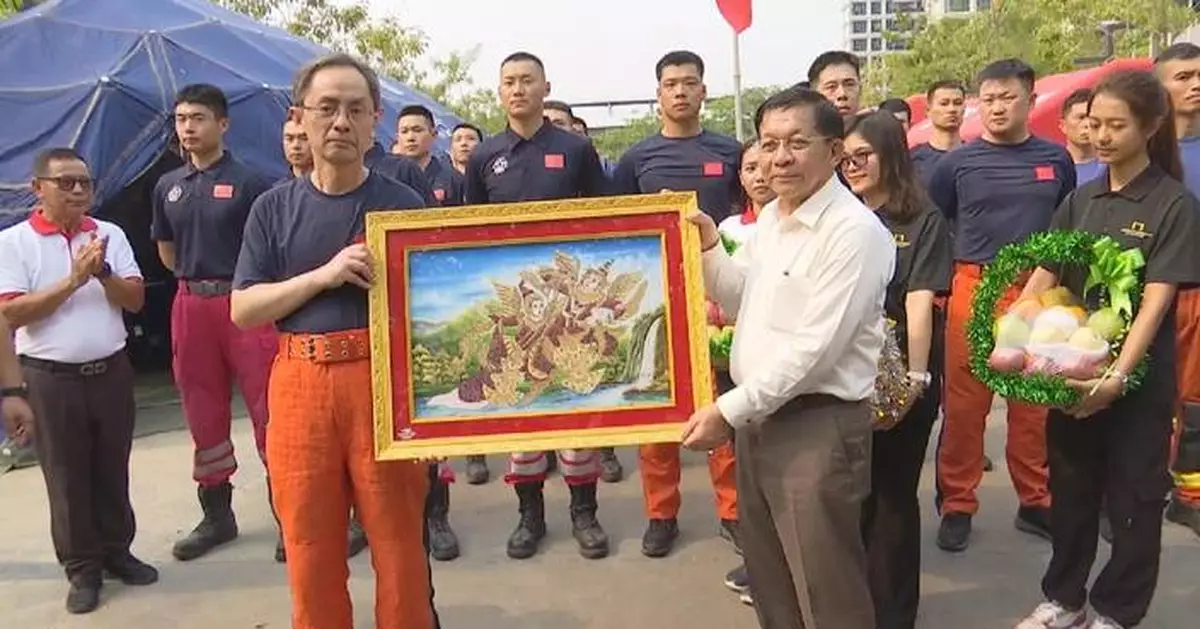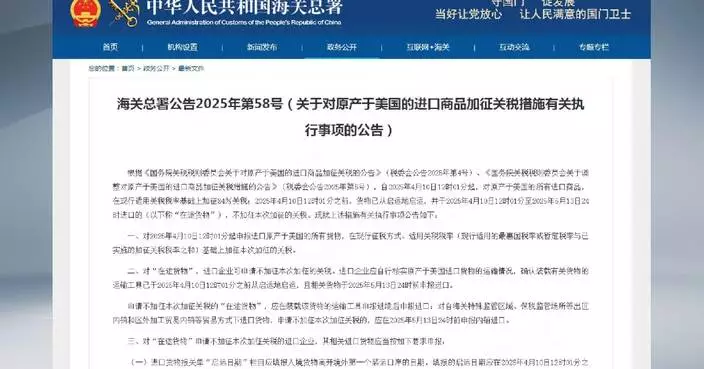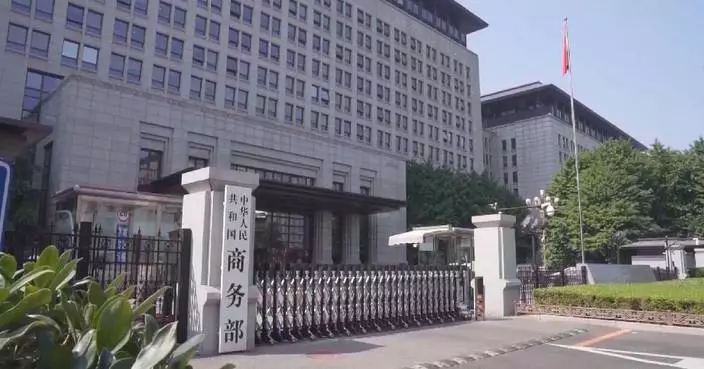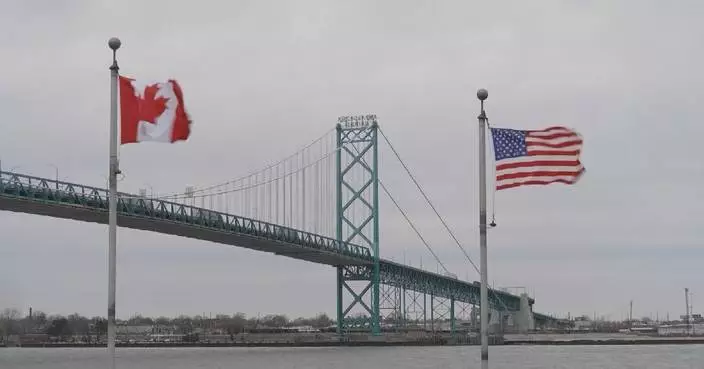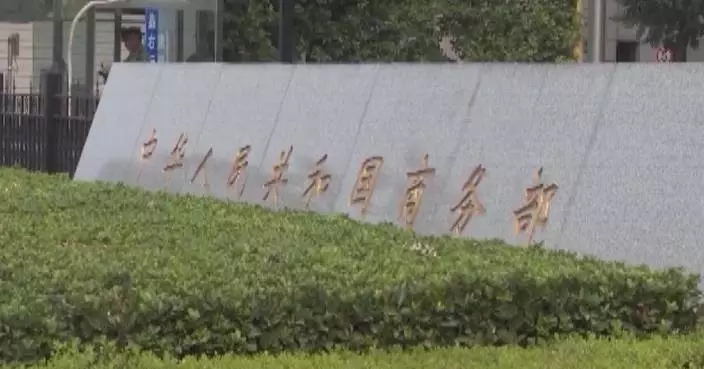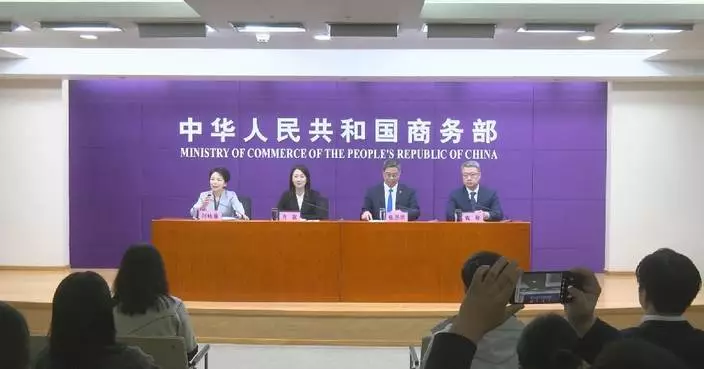Myanmar's State Administration Council (SAC) Chairman Min Aung Hlaing visited the camp of Chinese rescue teams in Mandalay on Sunday to express his gratitude for their full-force disaster response in the Southeast Asian country following a 7.9-magnitude earthquake.
The arrival of Chinese rescue teams, including the China Search and Rescue Team, the China International Search and Rescue Team, and a rescue team from China's Hong Kong, to provide support from afar exemplified the profound "Paukphaw" (fraternal) friendship between the two countries, Min Aung Hlaing said.
Chinese rescue teams possess extensive experience in cross-border search and rescue operations, and Myanmar looks forward to strengthening communication with China to expand cooperation in emergency response, disaster prevention, and mitigation efforts, he added.
Chinese Consul General in Mandalay Gao Ping and Mandalay Region Chief Minister U Myo Aung attended the meeting.
As of April 6, Chinese rescue teams had successfully rescued nine survivors in Myanmar.
The powerful quake rocked the Sagaing Region of Myanmar on March 28, with an epicenter close to Mandalay, the country's second-largest city.
The death toll from the devastating earthquake reached 3,564 as of Sunday evening, the Information Team of Myanmar's State Administration Council showed.
In addition, 5,012 people were injured and 210 remained missing due to the earthquake.
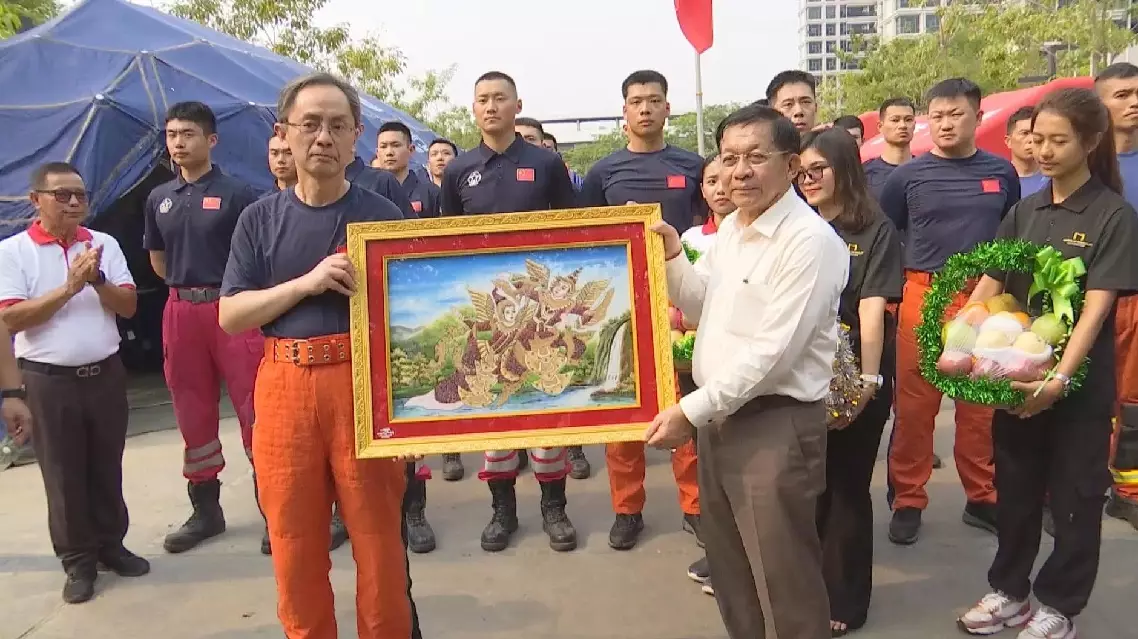
Myanmar's SAC chairman expresses gratitude to Chinese rescue teams
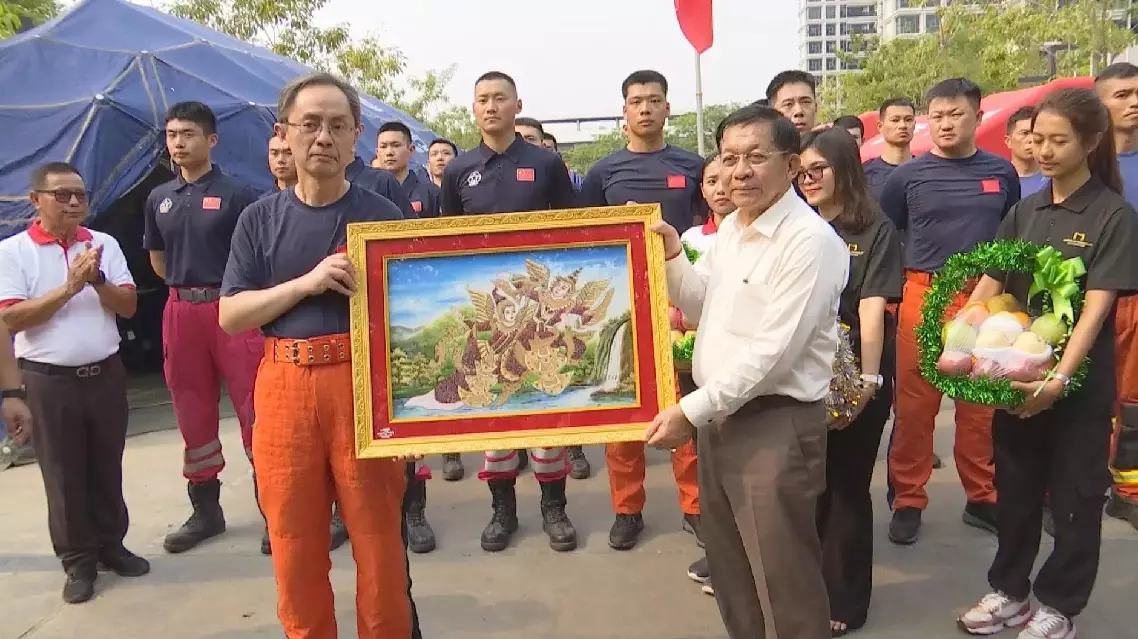
Myanmar's SAC chairman expresses gratitude to Chinese rescue teams
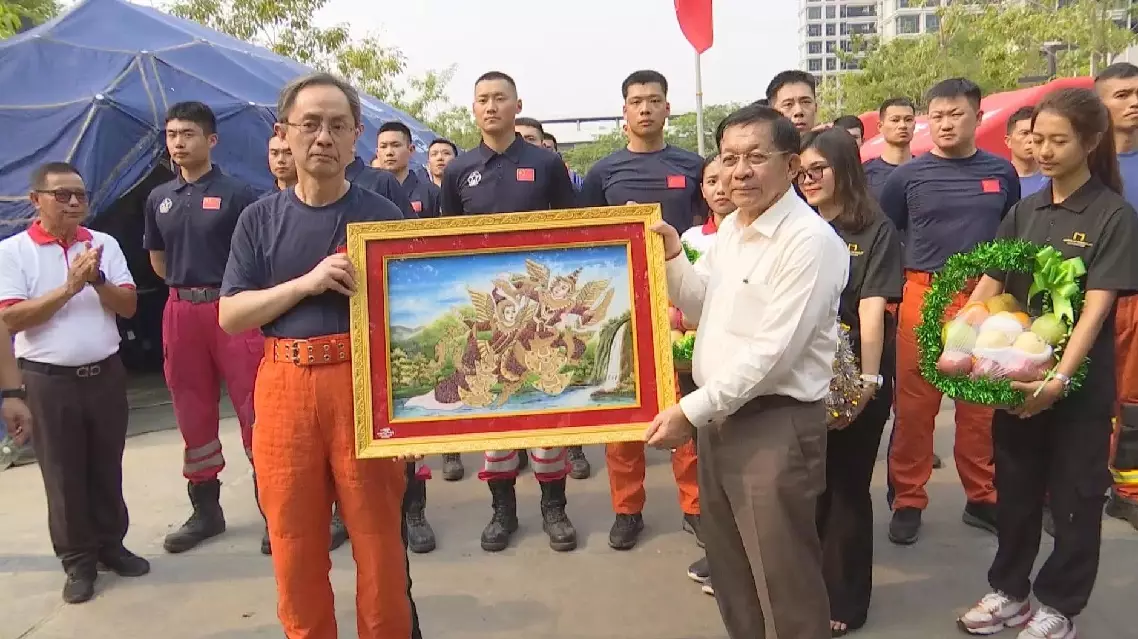
Myanmar's SAC chairman expresses gratitude to Chinese rescue teams
The United States' push to revoke China's Permanent Normal Trade Relations (PNTR) status, or granting the Most Favored Nation (MFN) treatment permanently, is a clear instance of unilateralism and trade protectionism, according to a white paper released by China's State Council Information Office on Wednesday.
The white paper, titled "China's Position on Some Issues Concerning China-US Economic and Trade Relations", aims to clarify the facts about the bilateral economic and trade relations between the two countries and lay out China's position on relevant issues.
The white paper said that the PNTR status is the ballast of China-U.S. economic and trade relations.
The U.S. push to revoke this status violates the rules of the World Trade Organization's (WTO), undermines China-U.S. relations, and disrupts the global economic order, the white paper noted.
According to the white paper, WTO rules require its members to unconditionally grant MFN treatment to all other members, a requirement that has binding legal force.
Over the past two decades, the PNTR has served to stabilize China-U.S. economic and trade relations. Revoking China's PNTR status will see China-U.S. economic and trade relations returning to the uncertainty and unpredictability that preceded China's accession to the WTO in 2001.
China opposes any unilateralist and protectionist acts that sabotage the multilateral trading system and hopes that the U.S. will be clearly aware of the possible harm caused by its attempt to revoke China's MFN status, the white paper said.
The white paper called on the U.S. to work constructively with the overwhelming majority of WTO members in safeguarding a fair and reasonable global economic and trade order and environment.
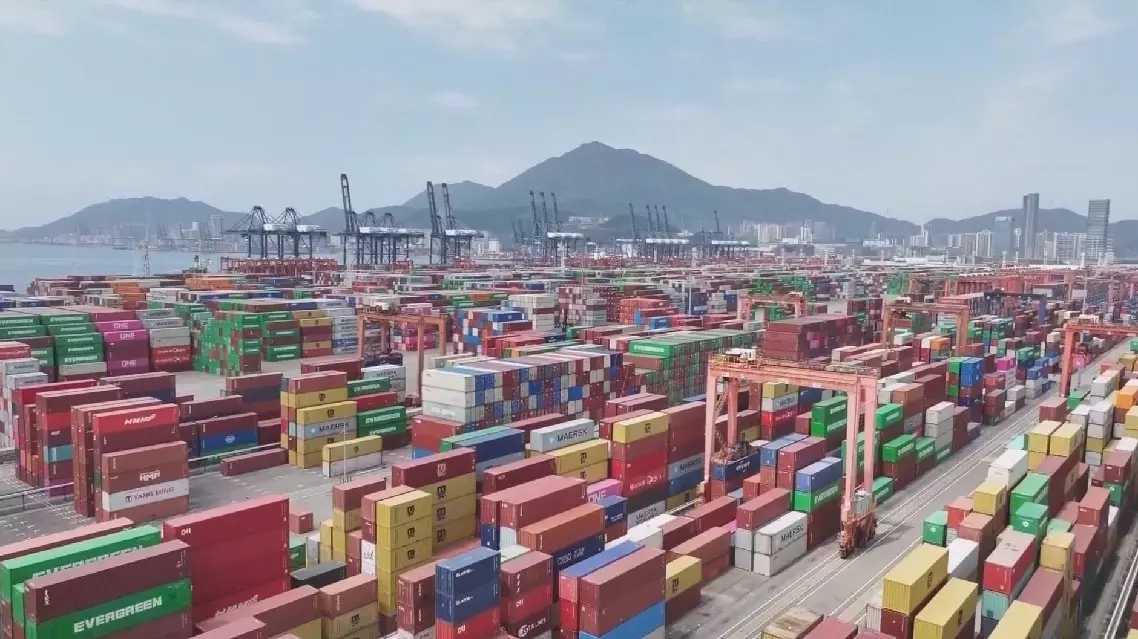
Rescinding China's most favored nation status undermines foundation of China-US trade relations: white paper





